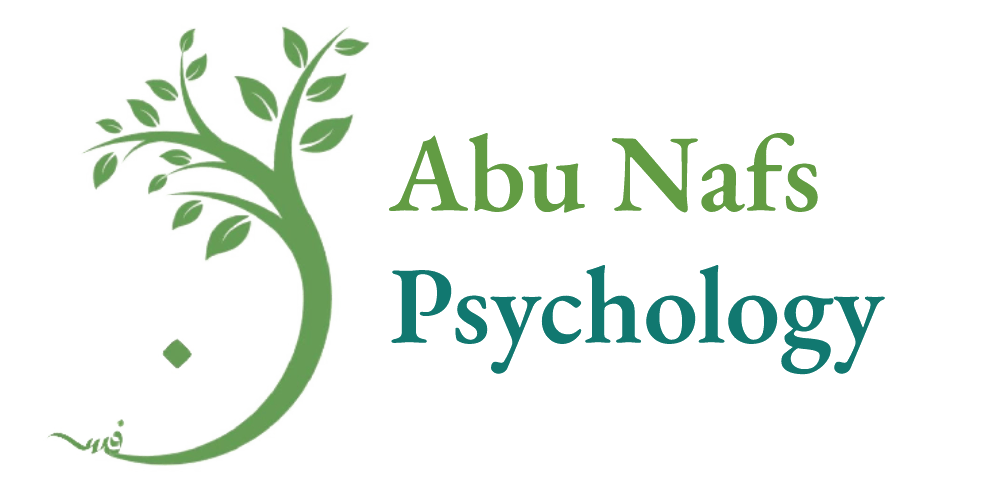ADHD and relationships, whether romantic or platonic, open communication and mutual understanding form the bedrock of a healthy connection. For individuals with ADHD, navigating these intricate dynamics can present unique challenges.
Let’s take a look at how ADHD can influence romantic relationships and friendships, and offer strategies to enhance communication, manage conflicts, and sustain meaningful connections.
The Influence ADHD And Relationships
ADHD, with its distinctive cognitive traits, can profoundly shape how individuals engage in relationships. It’s crucial to recognize that these characteristics are not inherently negative, but rather bring a distinctive set of strengths and challenges to the table.
1. Hyperfocus:
- Benefit: Intense focus on areas of interest can lead to passionate engagement and the ability to deeply connect with others.
- Challenge: It may sometimes result in unintentional neglect of other important aspects of the relationship.
2. Impulsivity:
- Benefit: Spontaneity and a willingness to take risks can infuse relationships with excitement and unpredictability.
- Challenge: It may lead to hasty decisions or impulsive remarks that require thoughtful addressing.
3. Restlessness and Distractibility:
- Benefit: A penchant for novelty and adventure can infuse relationships with a sense of liveliness.
- Challenge: It may lead to difficulties in maintaining focus during conversations or activities.
Strategies for Nurturing Relationships
1. Open and Honest Communication:
- Tip: Establish a safe space for open conversations. Encourage each other to express thoughts, feelings, and concerns without judgment.
2. Establishing Routines and Rituals:
- Tip: Consistency can provide a stabilizing influence. Create routines for shared activities and special moments.
3. Active Listening and Validation:
- Tip: Practice active listening by giving your full attention and acknowledging the other person’s feelings and perspectives.
4. Setting Boundaries:
- Tip: Clearly define and communicate boundaries to ensure both partners’ needs and preferences are respected.
5. Embracing Flexibility:
- Tip: Understand that flexibility in plans and expectations may be necessary, and be willing to adapt to changing circumstances.
Navigating Conflicts with ADHD in Mind
Conflict is a natural part of any relationship. When ADHD is a factor, approaching conflicts with sensitivity and understanding is crucial.
1. Choose the Right Time and Place:
- Tip: Opt for a calm, distraction-free environment where both parties can focus on the discussion.
2. Use “I” Statements:
- Tip: Frame concerns using “I feel” statements to express emotions without assigning blame.
3. Take Breaks When Needed:
- Tip: If emotions run high, take a break to cool off and regroup before continuing the conversation.
4. Seek Professional Support if Necessary:
- Tip: Couples therapy or counseling can provide valuable tools and guidance in navigating challenges.
Embracing the Journey Together
Navigating relationships with ADHD requires a mutual commitment to understanding, compassion, and growth. By recognizing the unique strengths and challenges that ADHD can bring to a relationship, individuals can forge connections that are built on a foundation of empathy and respect.

